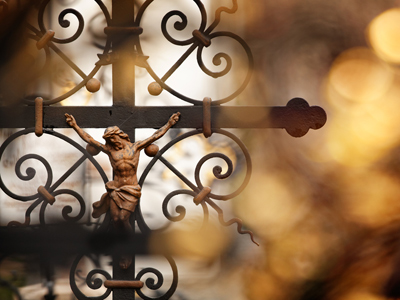
Catholicism - Key Teachings
This GCSE RE quiz looks at the key teachings of Catholicism. The Catholic Church is undoubtedly among the world’s oldest and most powerful institutions ~ tracing its origins directly back through the Papal succession to St Peter on the day of Pentecost, and gathering along the way a vast array of saints, scholars and patronage from the world’s high and mighty. No institution is likely to survive as long (2,000-odd years and counting … ), whatever its other apparent advantages, unless it has a robust core of shared beliefs among its membership which are fully defensible and at least adequately explained and understood.
Much of the main corpus of Catholic belief is common to the mainstream of Christian tradition, but equally clearly, along the way there have been divergences (‘schisms’) from the Orthodox on the one broad hand and the Protestant on the other.
Ready for more?
not all...
quizzers. Try to win a coveted spot on our Hall of Fame Page.







